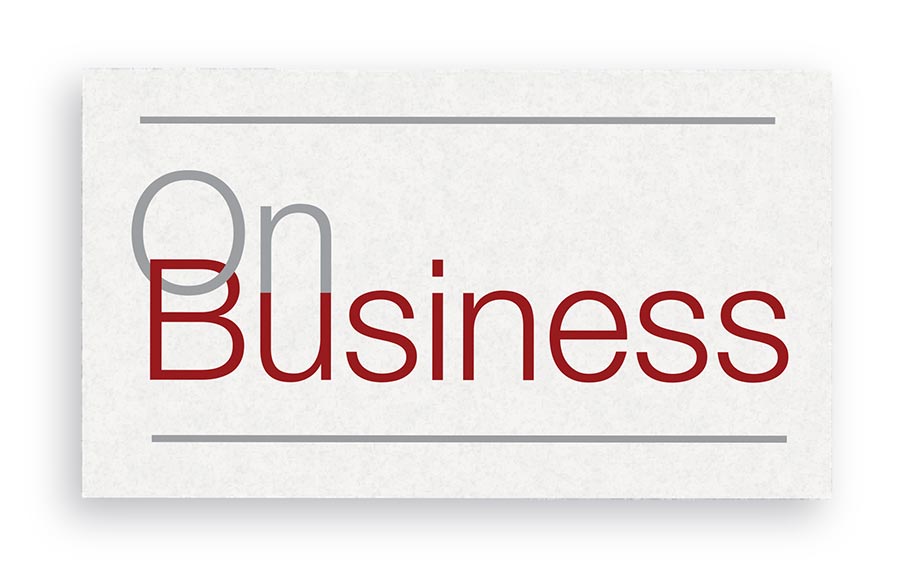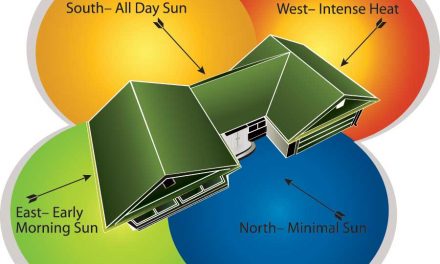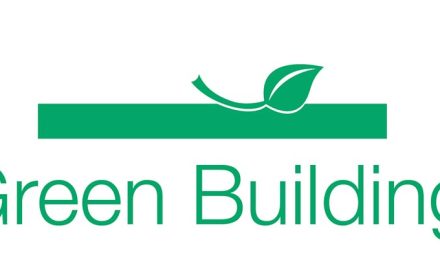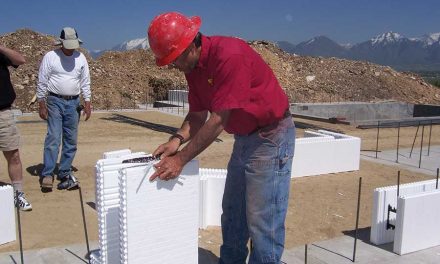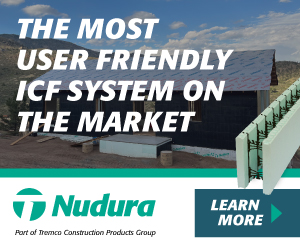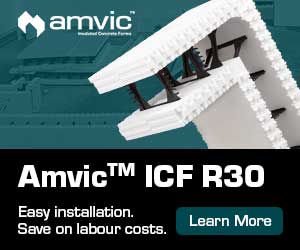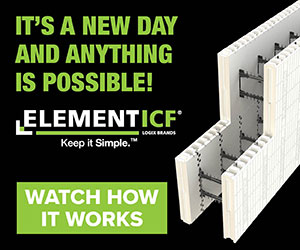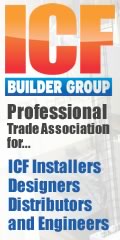by Eric Williams
Imagine walking into a Ferrari dealership and offering to purchase a Ferrari, but for the price of a Chevy. By any realistic standard, that is laughable. Now imagine two homebuilders with side by side offices, one is a stick builder, the other builds with ICF. Be honest with yourself. Why do you allow yourself to compete on price with the stick builder?
First, it is important to understand that both Ferraris and Chevys transport a person from Point A to Point B. Likewise, all reputable home builders offer a product that provides adequate shelter from the elements. Assuming this to be true, then it would seem reasonable to demand that all automobiles and all homes should be similarly priced in a highly competitive marketplace. Strangely, this is not the case and it certainly is not reasonable.
(There are at least three reasons why this comparison is not totally fair. First, while Ferraris and ICF homes more to manufacture than their counterparts, the Ferrari is more expensive to operate and maintain while an ICF home is much less expensive. Second, financial “return on investment” calculations are not performed on automobiles since resale value typically declines over 60% within four years of ownership. Conversely, homes typically increase in value over any given time frame. Finally, no one honestly believes that you can purchase a Ferrari at a Chevy price, while the same can’t be said of ICF construction versus traditionally built structures.)
We know that we work with a premium product. Yet, when discussing price, the industry seems both bashful about discussing the amazing benefits and apologetic about the true value of the product. Here are three things you can start doing today to properly “frame” your ICF business and increase your sales immediately.
First, stop comparing your product to traditional construction technologies. The Ferrari dealer would never allow his product to be compared to a Chevy under any circumstances. The essence of ICF technology is superiority in every measurable category and is therefore not comparable. By allowing the comparison of ICF’s to traditional construction technologies, we cheapen the “brand” and needlessly open the door to price comparisons.
Second, immediately begin discussing benefits instead of features. Start “selling the sizzle, not the bacon”. Although a Ferrari may have an awesome sound system, premium leather seats and a high performance engine (the features), the true appeal is the experience of becoming a member of the elite class of Ferrari owners (the benefit). The features of ICF construction are incredible, but people don’t want to be sold features, they want to buy benefits. Starting today, discuss benefits instead of features.
Finally, don’t be afraid to discuss the premium value of ICF ownership. The best way to discuss value with your prospects is asking questions that affirm the benefit when answered. Frame each question in a manner that is consistent with the benefits of ICF technology. For example: “Would you like to own a home that can easily survive natural disasters such as hurricanes, tornadoes, fires and floods?” “Do you require a structure that is resistant to termites, ants, insects and rodent infestations?” “Are you interested in owning a “near zero” energy home that also provides your family the best possible indoor air quality?” If a prospect shows no interest in these benefits, then they will likely not be interested in the premium value provided by ICF technology.
Remember, not everyone can afford a Ferrari and not everyone that can afford one, buys one. The real difference between a Ferrari and ICF technology is that no one can afford not to purchase ICF technology. Properly qualifying your prospects and presenting them with the benefits instead of the features will help you grow your business and your profits more quickly. Start today and help ICF technology assume its rightful place in the building industry.
Eric Williams is a Territory Manager for Greenblock Worldwide.

